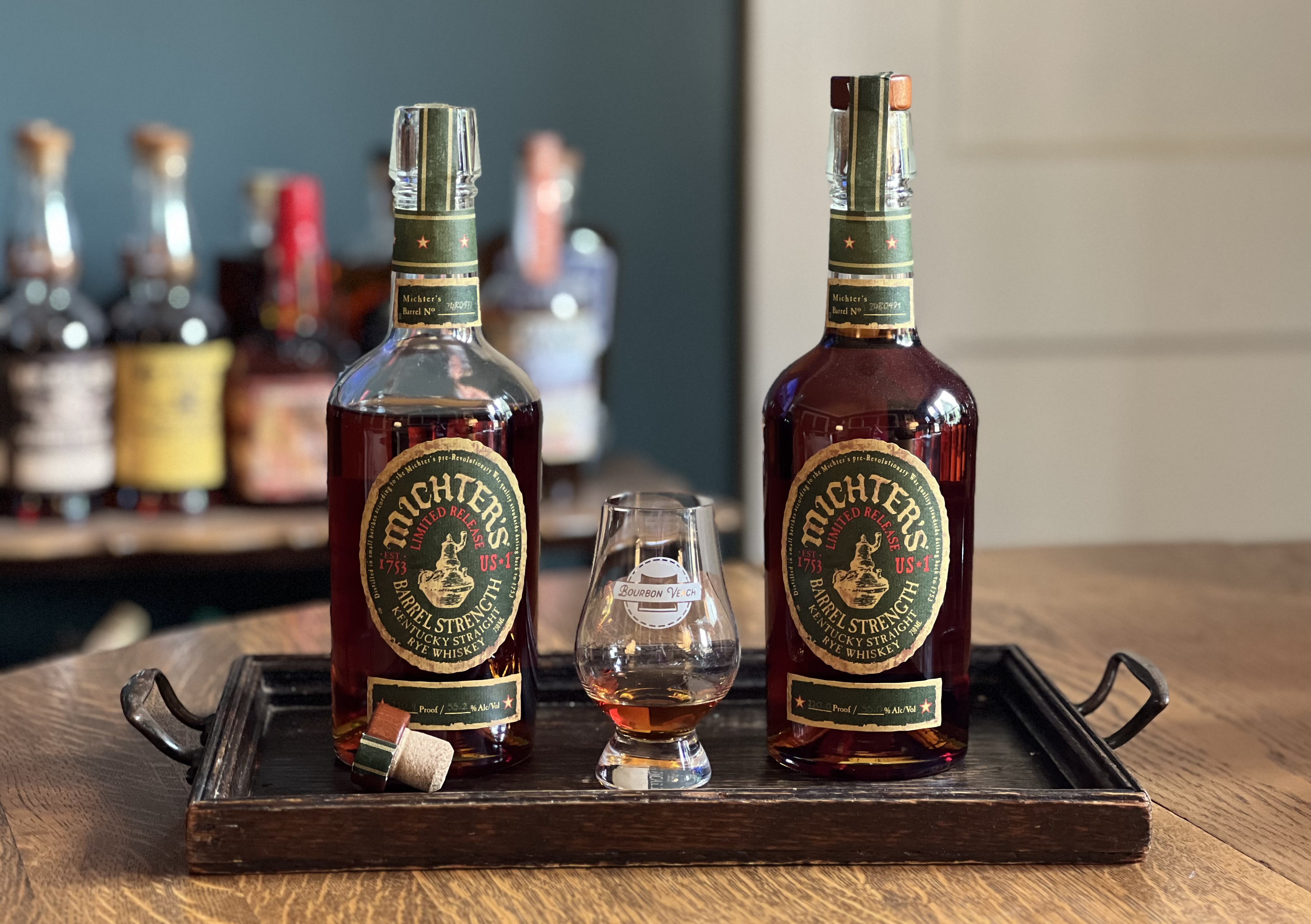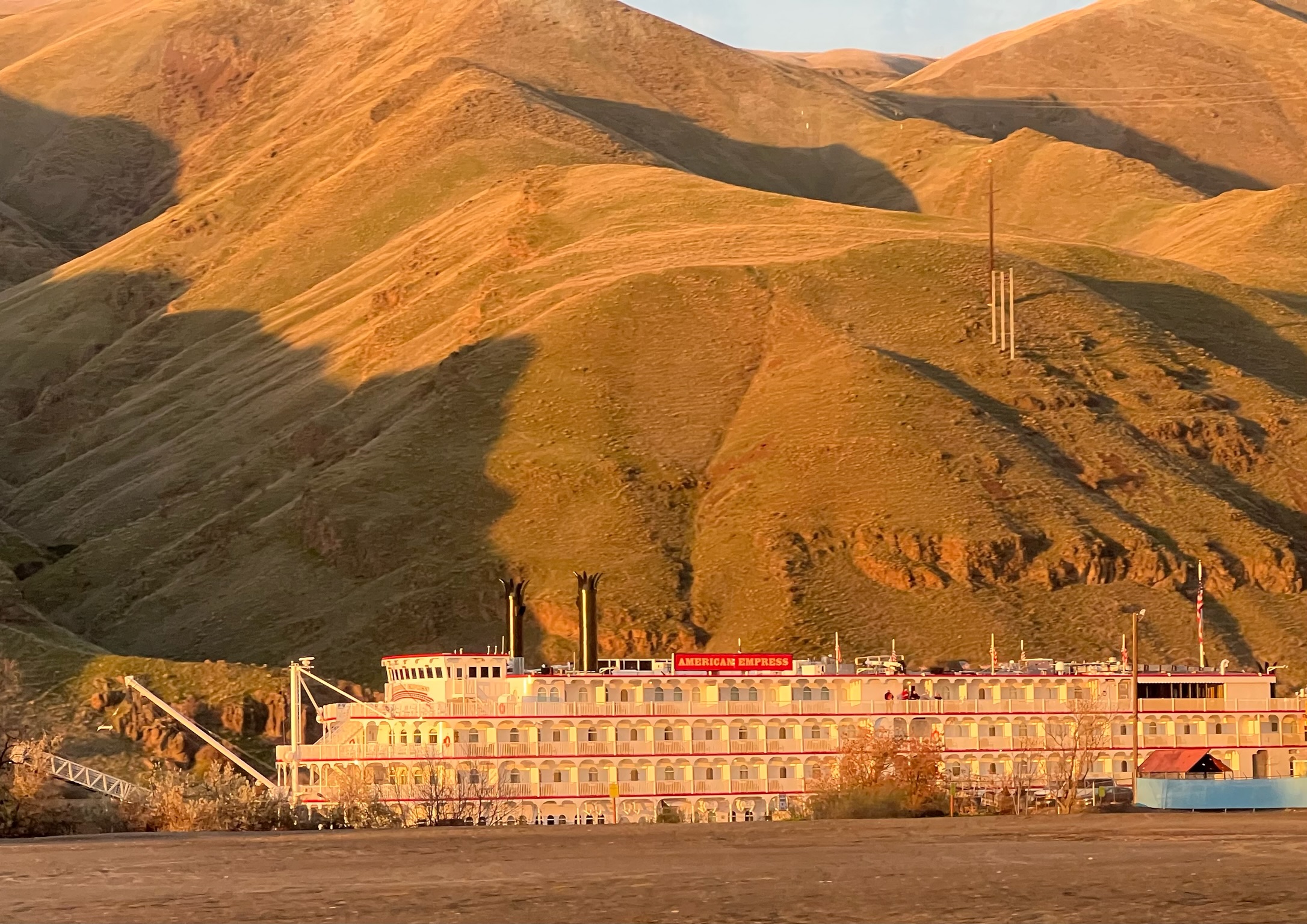You will often hear people say that 75% of whiskey’s flavor comes from the aging process. Warehouse managers love to hear this since it shows how important their job is to the whiskey in the bottle. Distillers take exception to this. There is a lot of the flavor coming from what they do to make the whiskey. I thought I would take a look at this issue and give some thoughts.
When you look at the six sources of flavor, most of the sources are in the hands of the distiller. Only maturation and bottling are under the control of the warehouse manager. It is true that the dominant flavors do come from the barrel during the aging process, but then why don’t all whiskeys taste alike? Because the spirit made by the distiller and their flavors do make for different flavor profiles.
The distillers determine the yeast and fermentation flavors that I would place as the next largest flavor component. They also determine the mash bill and the grains used that add a lot of variation to the flavor of the final product. Distillation is very important because that is not only the process that produces alcohol, but the distiller’s real talent is to produce alcohol while keeping flavors from the grains and yeast in the final spirit. The water is the least important source of flavor.
The aging process also creates some differences in the flavor profile. The placement of the barrels in the warehouse, the amount of time maturing and choosing a bottling proof are all factors in creating different flavors. Without a good management in the warehouse, a good distilled spirit can become a mediocre whiskey.
I am reminded of what Lincoln Henderson once told me: “You can not make a bad distilled spirit good through aging, but you can ruin a good spirit through bad management during maturation.”
So what is to be made from this debate? Once again I will quote Lincoln Henderson: “You have to get it correct at every step to make a good whiskey”.
Rosemary had a good thought on this: “It is really rocket science. You have to get everything right at every step of the way. In rocket science one mistake and the rocket blows up. In distilling if you get something wrong, you end up with bad whiskey.” Interesting thought and very true.
My take is that a distiller makes good whiskey. It should all be the same as it goes into the barrel. They may have several different types of whiskey they make, but each type should be the same as it enters the barrels. The warehouse manager then makes good brands. They take that whiskey and use variations in the maturation process to get different flavor profiles from the same whiskey.
Wild Turkey Bourbons are a good example of this. The same Bourbon goes into the barrel to make Wild Turkey 101, Rare Breed, Kentucky Spirit and Russell’s Reserve, yet they all taste different in the glass. However without a good spirit going into the barrel, the warehouse manager can’t make those different brands.

Photos Courtesy of Michael Veach and Maggie Kimberl














6 Pingback